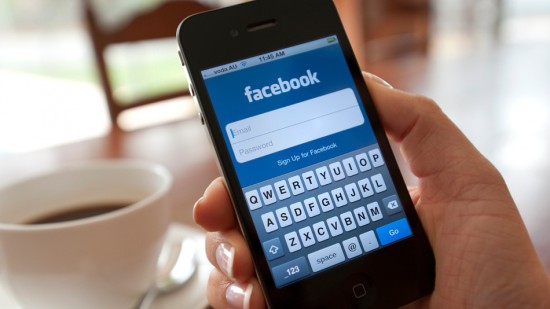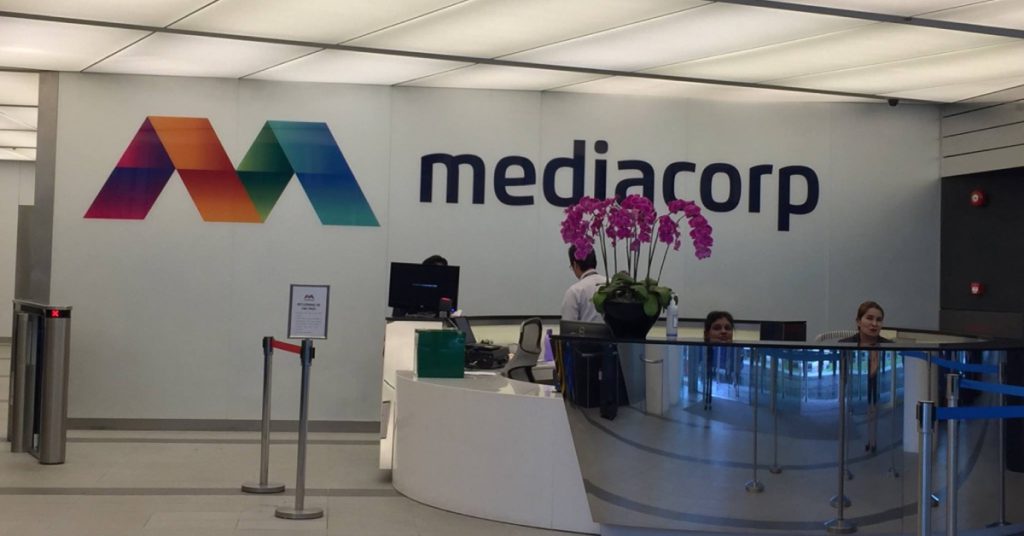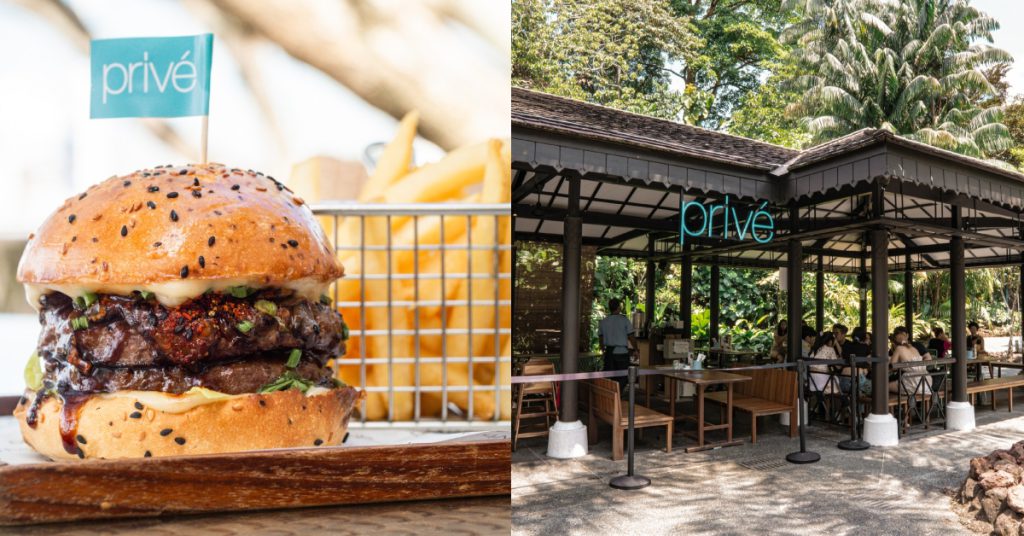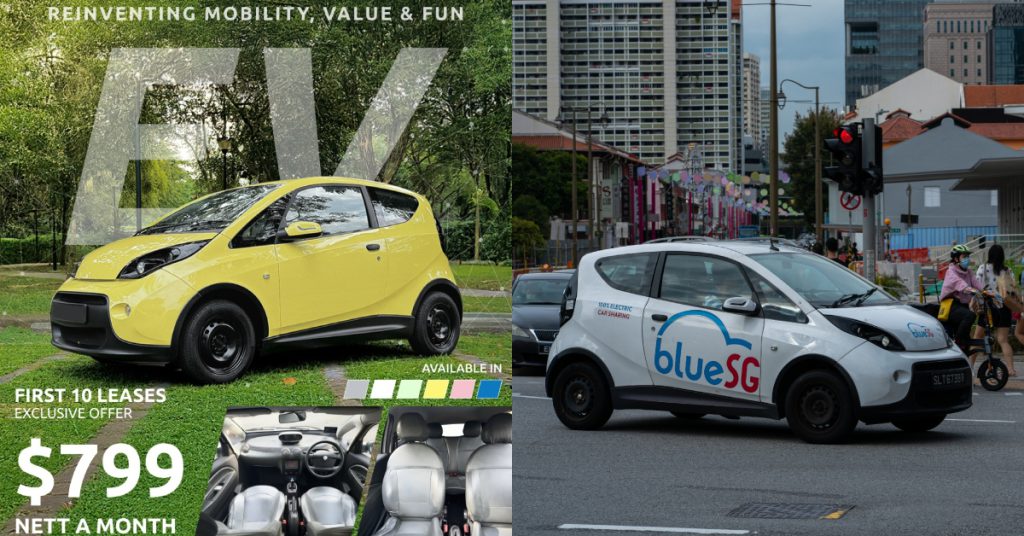From previous articles here at Vulcan Post, it can be concluded that the Philippines is still the social media capital of the world. In case you didn’t know, the country is home to ??city that takes the most selfies in the world, as well as the country that downloads more mobile games than any other country in Southeast Asia, even Singapore.
It is also known that, like the other countries in the region, the Philippines is an important market for smartphone chat and messaging apps. Popular apps like Kakao Talk and LINE have local offices to ensure their growth in the country.
Facebook Messenger Dominates in the Philippines
However, it looks like the stand-alone messaging apps mentioned above still have a long way to go to become a market leader in the Philippines.

In a study by research firm OnDevice, Facebook’s Messenger app has the lion’s share in the market – standing at 82%! That is quite a headstart. 2nd placers Viber and Skype are only at 27%. Twitter, a microblogging tool, was apparently grouped with these messaging apps and has a market share of 16%. Granted, microblogging has not yet gained some ground here in the Philippines, so that should explain Twitter’s market share. LINE’s at 10%, though the company mentioned in an interview with Vulcan Post that the number of users in the Philippines is growing at a faster rate.
Also read: Research Confirms, the Philippines is Still Social Media Capital of the World
Why Facebook Messenger Leads in the Philippines
I do believe that Facebook’s messenger app is not rich in features compared to other popular social networking apps. LINE offers a variety of stickers featuring their original characters. Skype’s the de-facto messaging app of the business world. I use Skype at work, my girlfriend uses Skype to talk to her friend in the middle east; but what makes Facebook Messenger a hit in the country?

Yes. Facebook Messenger can do almost everything that all these other messaging apps offers. Stickers? Messenger has those. Attaching files? It has that as well. Maybe because it is integrated to Facebook, the de-facto social networking site in the country? Perhaps, but that is not the reason why Facebook Messenger is the king of messaging apps in the country.
Ultimately, it is the Philippines’ local telcos Globe and Smart that are responsible to Messenger’s immense popularity.
Facebook and Facebook Messenger are offered at a very low price point by these telcos. Smart, the one that has the biggest market share, offers Facebook for as low as 2Php a day. This is just the stand-alone offer. They have mobile plans that bundle Facebook with free SMS for a certain number of days. On the other hand, Globe also has mobile plans that bundles Free Facebook for a certain number of days. They also have the GoSurf plan, which bundles music streaming service Spotify with a certain amount of mobile data for Internet browsing, which naturally includes Facebook and its Messenger app.

Indeed, these telcos offering Facebook at very low prices in their mobile plans contributed to why Facebook is now THE social network of the Philippines. Had these telcos chose to bundle Google+, perhaps the research studies by various firms will have a different result.
Granted, they also offer mobile plans for chat messaging apps like LINE, Viber, and KakaoTalk; however, the telcos have already made their subscribers hooked to Facebook by offering it for almost zero pesos. The thinking is that, “If I subscribe for the LINE mobile data plan, I won’t be able to access Facebook, where most of my friends are. However, if I subscribe to the Facebook plan, I can post statuses for all the world to see. The Messenger app is just an added bonus feature.”
Also read: It’s Spotify vs Deezer in the Philippines! Who will Emerge as Everyone’s Favorite!














